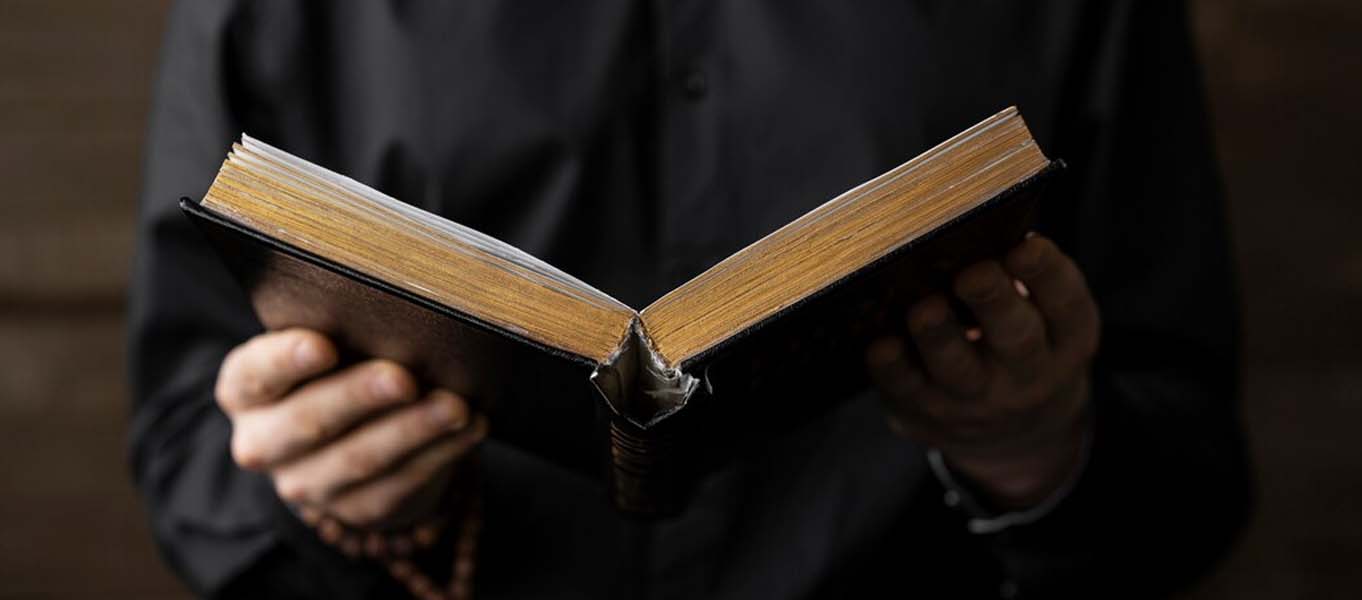Reciting the Qur’an for the Deceased
Evidence, Scholarly Debate, and the Sunnah Way of Benefiting the Dead
There is no authentic evidence that the Prophet ﷺ or his Companions recited the Qur’an to transfer reward to the deceased. Group recitations and assigning this as a ritual are innovations (bidʿah). The Sunnah encourages dua, charity, and ongoing good deeds on behalf of the deceased, as explicitly taught in authentic hadith.
| Reciting Qur’an for the Deceased — Critical Overview | |
|---|---|
| Practice | Reciting Qur’an individually or in groups and gifting the reward to the deceased. |
| Islamic ruling | Not practiced by the Prophet ﷺ or Companions; group recitations are bidʿah. Benefit to the deceased comes from dua, charity, and ongoing good deeds. |
| When it started | Unknown among the Salaf. Became common later in Muslim communities influenced by cultural customs. |
| Where it spread | Widespread in South Asia, parts of Africa, and Middle Eastern regions, often tied to mourning rituals and anniversaries. |
| Practices associated with it |
|
| Similarities in other religions (Muslims likely copied from) |
These parallels show cultural borrowing rather than authentic Islamic worship. |
Prophetic Guidance
The Prophet ﷺ never prescribed Qur’an recitation as a way to benefit the dead. Instead, he emphasized:
“When a human being dies, his deeds come to an end except for three: ongoing charity, beneficial knowledge, or a righteous child who prays for him.”
Sahih Muslim 1631
He also confirmed that sadaqah benefits the deceased:
A man asked about giving charity on behalf of his mother.
The Prophet ﷺ said:
“Yes, it will benefit her.”
Sahih al-Bukhari 1388; Sahih Muslim 1004
No authentic hadith links Qur’an recitation with benefiting the dead.
Scholarly Consensus
– Imam Mālik and Imam Ahmad: Qur’an recitation was not practiced by the Prophet ﷺ or Companions; reward cannot be gifted without evidence.
– Majority of scholars: Dua, sadaqah, and good deeds on behalf of the deceased are prescribed.
– Group recitations, especially at fixed times, are unanimously seen as bidʿah.
The Wisdom Behind the Ruling
- Authenticity: Restricts worship to what the Prophet ﷺ taught.
- Clarity: Prevents blending cultural customs with religion.
- Focus: Encourages dua, charity, and ongoing acts of benefit, which are certain and textually supported.
- Unity: Avoids disputes and division caused by invented rituals.
Common Misconceptions
1) “Reciting Qur’an at the grave benefits the deceased.”
No authentic hadith supports this.
2) “Group recitations on the 40th day are Sunnah.”
This is cultural, not Islamic.
3) “Hiring reciters ensures reward for the dead.”
Baseless; the Prophet ﷺ never taught this.
Contemporary Reflections
Many communities hold group Qur’an recitations out of sincerity, but sincerity alone does not validate an act of worship. Islam provides clear, authentic means to help the deceased: dua, sadaqah, and good deeds. These are timeless and universally accessible, unlike invented rituals.
Conclusion
Reciting the Qur’an for the deceased, especially in organized gatherings, is not Sunnah. The Prophet ﷺ and his Companions never did it. The safe path is to follow what he prescribed: dua, charity, and continuous good deeds. This ensures authentic benefit and preserves the purity of worship.
References
Primary Sources
Hadith
- Sahih al-Bukhari 1388: Charity on behalf of the deceased benefits them.
- Sahih Muslim 1004: Charity on behalf of a deceased mother.
- Sahih Muslim 1631: Ongoing charity, knowledge, and righteous children benefit the deceased.
- Sahih Muslim 867: Every innovation is misguidance.
Secondary Sources
- Ibn Taymiyyah, Majmūʿ al-Fatāwā: On the invalidity of reciting Qur’an for the deceased.
- Ibn al-Qayyim, Kitāb al-Rūḥ: Discussed differing opinions, clarified absence of authentic evidence.
- Al-Shatibi, al-Iʿtiṣām: On guarding worship from innovations.

